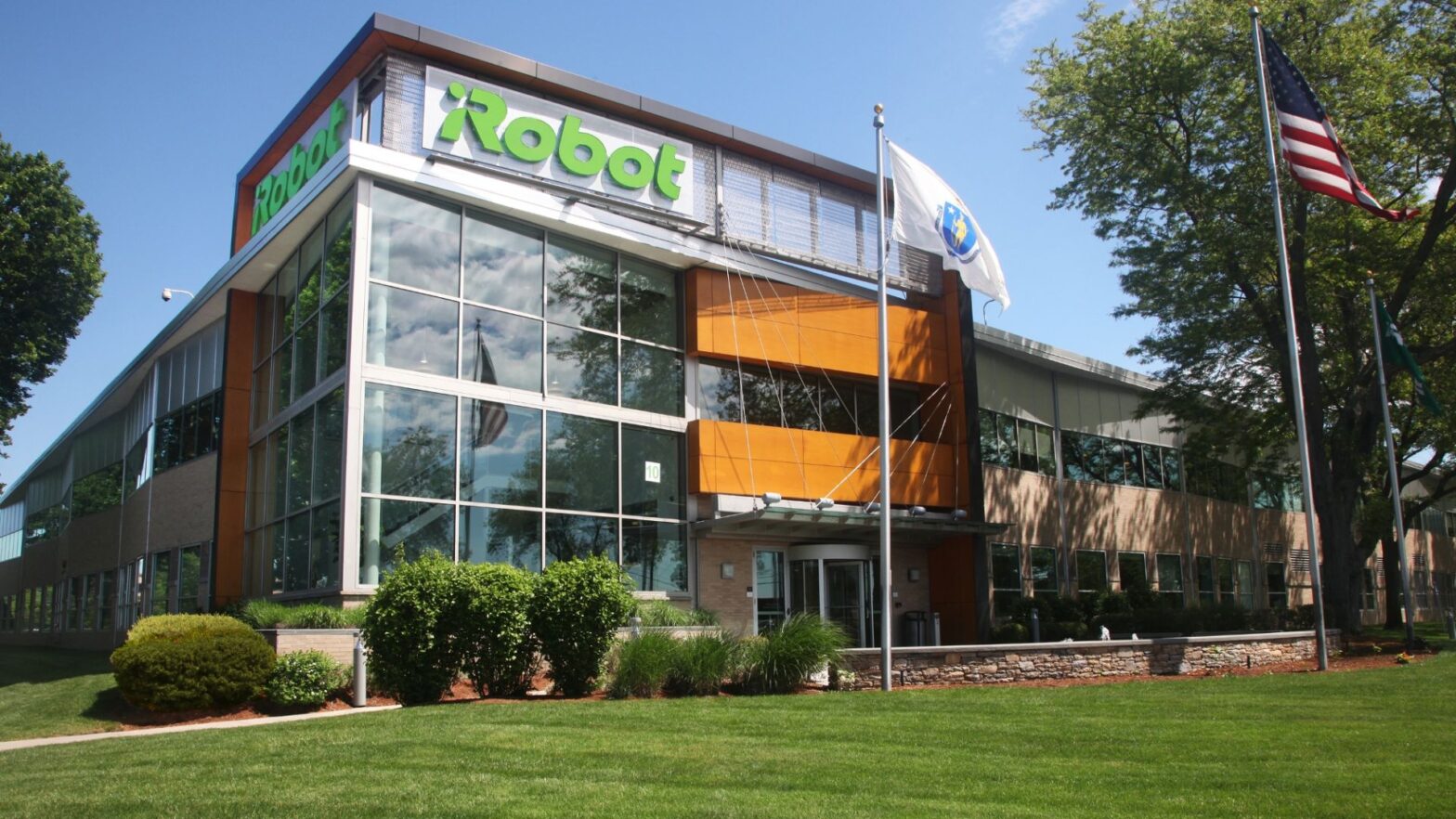iRobot, best known for its Roomba vacuum cleaners, has announced another round of layoffs, cutting 105 jobs—16% of its workforce. This move is part of an ongoing restructuring plan designed to improve the company’s operational efficiency following a turbulent year. The latest cuts follow earlier workforce reductions in January, when iRobot let go of 350 employees—about 31% of its staff—after a proposed $1.7 billion acquisition by Amazon fell through due to regulatory challenges in the European Union. iRobot was awarded a $94 million termination fee from Amazon, but the failed deal left the company grappling with mounting financial and operational difficulties.
CEO Gary Cohen addressed the layoffs during iRobot’s Q3 earnings call, emphasizing that the restructuring would ultimately allow the company to innovate more efficiently. “These moves, while challenging, have fundamentally changed the way we work with our partners to efficiently develop and build our robots,” Cohen said, noting that the new operational model would allow for significantly more product introductions with fewer internal resources and at a much lower cost.

The latest workforce reduction is not an isolated incident but part of a broader trend that began in early 2024. As iRobot works to stabilize after the failed Amazon deal, the company has reduced its global workforce by nearly 50%. These cuts are necessary as iRobot tries to streamline its operations and adapt to fierce competition in the robotic vacuum market. With multiple players entering the space, often offering similar products at lower prices, iRobot faces increased pressure to evolve its business model and maintain its market position.
Financially, iRobot has struggled to meet expectations despite some cost-cutting measures. While the company’s operating expenses were reduced by $95.2 million in 2024, it still faces challenges in stabilizing revenue trends. This is especially concerning as the market for robotic vacuums has grown increasingly competitive, with new entrants offering budget-friendly alternatives.
In terms of operational efficiency, the layoffs are expected to allow iRobot to focus on its core competencies, leading to a more agile and cost-effective organization. The company aims to boost product development and innovation while reducing overhead, which could improve its long-term profitability. However, analysts have raised concerns that cutting such a significant portion of its workforce could impact innovation and customer service, particularly in the short term. As iRobot reduces its team, it risks losing critical talent, which could slow down product development and negatively affect employee morale.
Despite these challenges, iRobot is optimistic that its restructuring efforts will position the company for future growth. The key to their success will be maintaining a delicate balance between cutting costs and continuing to innovate in a highly competitive market. CEO Gary Cohen has made it clear that while these layoffs are painful, they are necessary for the company’s survival and future success.













